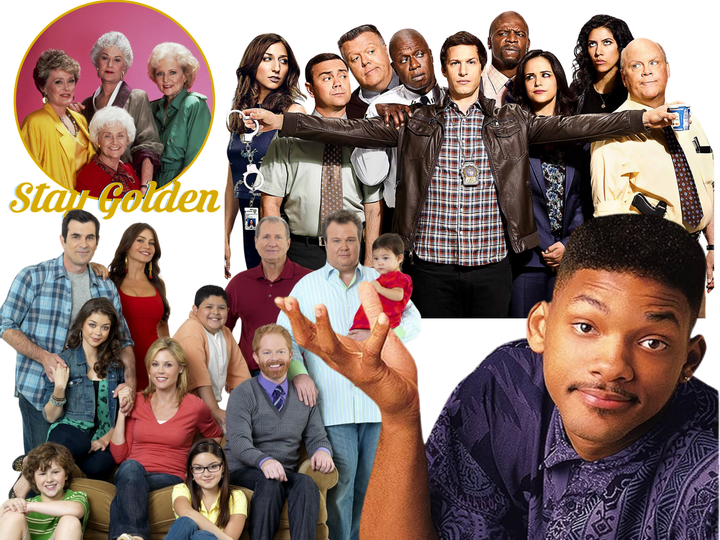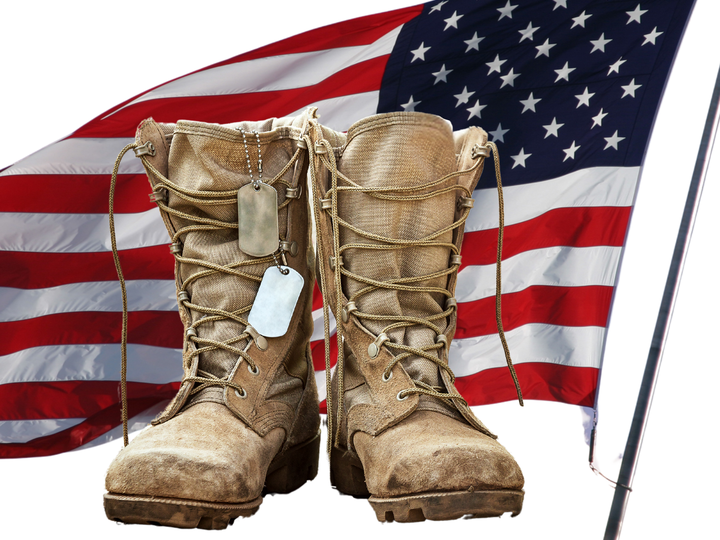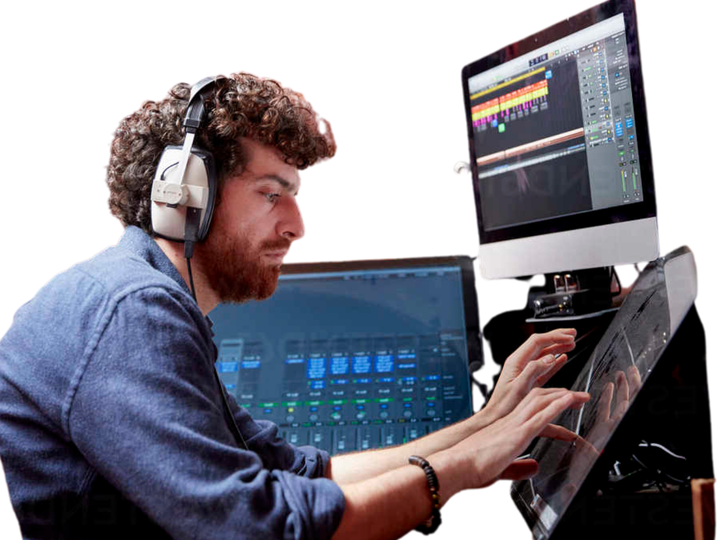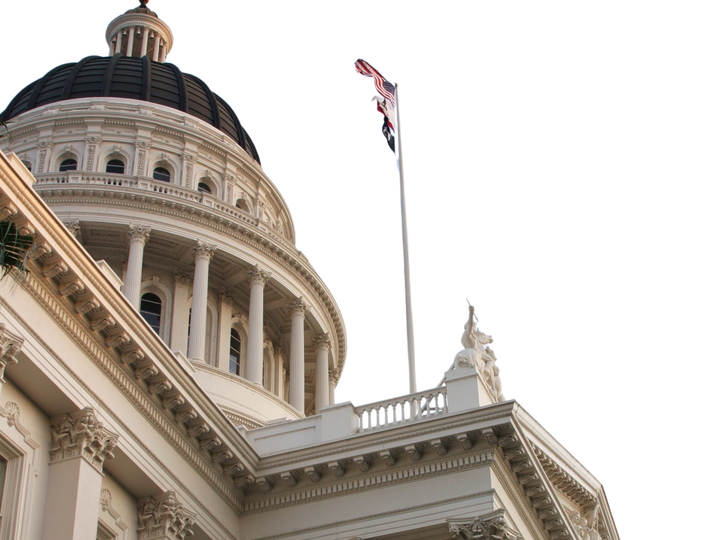Content
The following 395H seminars are 3 credit hour classes. They are open to all University Honors Program students who have junior or senior class standing. Enrollment in these courses will follow regular University enrollment procedures and occur on a first-come, first-served basis in accordance with your assigned priority registration times.
Each course may meet additional degree requirements, such as ACE or college required hours. Specifics are noted with each course. If you think a course may be eligible to count towards hours in your major, please check with your major advisor about this possibility.
If this is your final semester and you have an unmet ACE need AND you have difficulties getting into a course section with that ACE, contact Dr. Tamy Burnett ASAP.
Previous semesters' courses
January Pre-Session 2025
UHON 395H (Music)
Soup Cans to Superstars: Popular Music & Arts in 20th Century America
Prof. Jackie Mattingly
MTWRF 9:00-11:00am │Meets on Zoom
ACE 7
Art and music are all around us, permeating our lives through the popular culture that we experience daily. In this course, we will explore the role and significance of visual and musical forms of art in American culture in the context of popular culture, ranging from visual artists like Andy Warhol to musical superstars like Michael Jackson or Beyonce.

Spring 2025
UHON 395H (English)
Sitcoms & Social Change
Prof. Tamy Burnett
TR 11:00-12:15pm │ Knoll
ACE 7 & 9 │ CAS CDR Humanities & CAS CDR Human Diversity
Counts as 300-level hours for English majors/minors
In this course, we will use theories of humor, comedy, and television studies to explore the history and significance of the TV sitcom. We will focusing on sitcoms at the forefront of social change related to issues of human diversity, such as race/ethnicity, gender, LGBTQ+ identity, socioeconomic inequalities, (dis)ability, illness, and addiction. We will examine the sitcoms' historical, social, and cultural contexts, as well as how production elements contribute to their effectiveness as agents of social change.

UHON 395H (Political Science)
The Vietnam War: What Is It Good For?
Prof. Don Beahm
MWF 10:30-11:20am │ Knoll
ACE 6 │ CAS CDR Social Science
This course is an examination of the U.S. involvement politically, militarily, and historically in the Vietnam War. We will explore various conceptions of how the U.S. became engaged in the war, how politics played a major role in what foreign policy objectives were being pursued through the war, why the military fought the war with the strategies they developed, and what the historic and political ramifications were for the U.S., Vietnam, and the world in the aftermath of the war. Attention will be paid to how the lives of Americans were affected by the war.

UHON 395H (Music)
Creative Thinking in Music
Prof. Brian Moore
TR 2:00-3:15pm │Ross/Van Brunt
ACE 7
Music creation in the 21st century has been transformed by technology, such as the integration of digital audio, MIDI, 2D & 3D media and Digital Audio Workstation (DAW) software, along with multiple distribution channels like live shows, on-demand streaming, and digital mediums. Despite these technological and scientific advancements, the essence of music as an art form remains rooted in fundamental elements. This seminar will explore the art and science in music through hands-on music creation and production. No previous experience with digital music technologies is required.

UHON 395H (Psychology)
Psychological Development in Adolescence and Early Adulthood
Prof. Lisa Crockett
TR 12:30 - 1:45pm │ Knoll
ACE 6 │ CAS CDR Social Sciences
Adolescence is a time of dramatic changes in physical, psychological, and social development. In the U.S., this period offers important opportunities for growth as well as challenges and risks to healthy development. To broaden our understanding of development during adolescence and early adulthood, this course will explore major developments in the physical, cognitive, and social domains that begin in adolescence and continue into early adulthood. Throughout the course we also consider variations in development and experience by considering adolescents and young adults growing up in diverse circumstances including U.S. minority youth and youth from non-western cultures.

UHON 395H (History)
The Jazz Age to the Atomic Age: FDR's America
Prof. Joann Ross
MWF 11:30-12:20pm │ Knoll
ACE 5 | CAS CDR Humanities
In this course, we will take an interdisciplinary approach to focus on American history from the end of WWI to the rise of the Cold War, considering Franklin Roosevelt’s effectiveness as the longest serving American president as he navigated crises both domestic and international. We will delve into such topics as the Jazz Age, race relations, the changing status of women within American society, prohibition, Japanese internment, a growing wartime industry, and America’s decision to use the atomic bomb. We will use an interdisciplinary approach, exploring music, art, literature, and history to understand how these events shaped these pivotal decades in American history.

UHON 395H (Economics)
Capitalism & Democracy in the 21st Century
Prof. Wes Peterson
MW 5:00-6:15pm │ Knoll
ACE 6 & 9
At the end of the 20th Century, many believed that democratic capitalism represented the best way to manage modern societies. However, authoritarian regimes have multiplied around the world and economic, environmental, and geo-political challenges have led to conflicts and uncertainty. Climate change and inequality are among the top global issues faced by humanity today. The negative effects of climate and environmental disturbances inevitably fall heaviest on those who are poor or members of social groups suffering from prejudice and intolerance. The purpose of this seminar is to explore whether democratic capitalism is up to the task of confronting these issues to achieve a more sustainable, equitable, and prosperous future.
